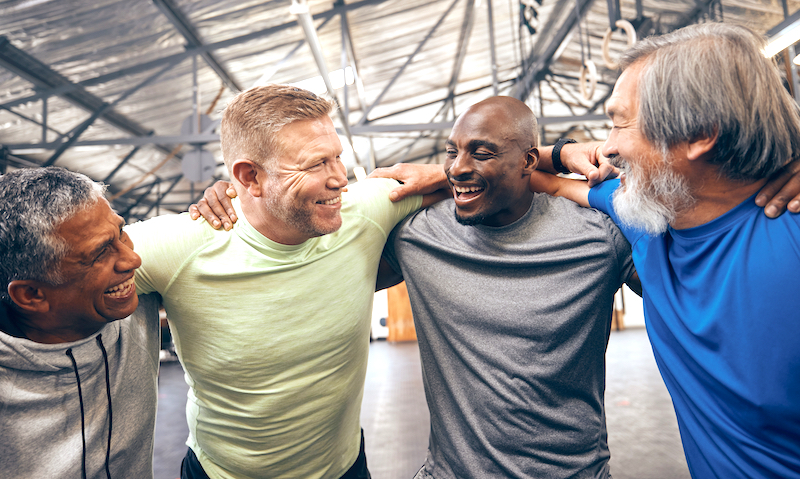Stress is a killer, but we’re not helpless against it.
Regular physical exercise is one of the top defenses we have, no matter what age we are.
In our 20s and 30s, stress might be mostly related to finding a job or partner or raising kids.
But after 50 or so, we still have those concerns, plus maybe physical challenges, social isolation, changes in our bodies and brains, and the way we’re perceived by others. Older people are more likely to live alone, and alcohol abuse skyrocketed during the pandemic lockdown, partly because so many were struggling with the stress in isolation.
Every April, the United States and the United Kingdom highlight stress awareness. But why is stress so bad for our health?
First, it causes our bodies to release cortisol, also known as “the stress hormone,” to respond to threatening situations, even if the danger is merely perceived. Cortisol increases inflammation and factors that lead to clotting in the bloodstream. When we’re older, it takes longer to recover from a cortisol surge, and the effects are worse.
Stress weakens immunity and muscular reactions and can raise the likelihood of developing dementia. It also causes our hearts to work faster, leading to high blood pressure.
On the other hand, exercise lowers cortisol levels. It helps us feel like we’re not helpless, like we can manage the challenges that come up. It lowers blood pressure, reduces inflammation and obesity, improves sleep, and builds up muscle mass.
Exercise – like stress – affects your whole body, including your brain.
As for social isolation, countless mature adults are finding social connection – and simple fun – at gyms and studios like ours.
More Tips to Lower Stress
Here are further ways to lighten your load.
- Eat right, drink plenty of water, and get good sleep. The basics of health really matter.
- Express your worries and emotions. Tell family, friends, doctors and caregivers what’s on your mind. Keep up your creative outlets, like painting and music.
- Relax, meditate, pray, and practice an attitude of gratitude. Focus on your blessings.
- Call family and friends. Send text messages. Use FaceTime and other video call technology to see your kids and grandkids.
- Read a book. Read several. When you’re stuck in one place and in your own thoughts, nothing takes you away like a good book.
- Limit exposure to TV news and social media. We should all stay informed. But it’s not necessary to keep it on all the time. Don’t dwell in it.
To lower your stress, improve health, and find supportive friends… Please come see us now. We’ll show you a welcoming environment and safe, fun, and effective exercises to keep you strong and active.

